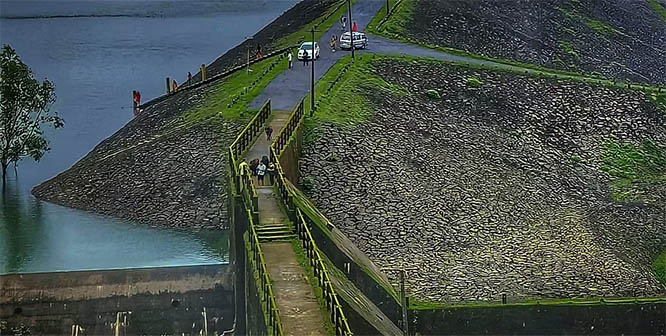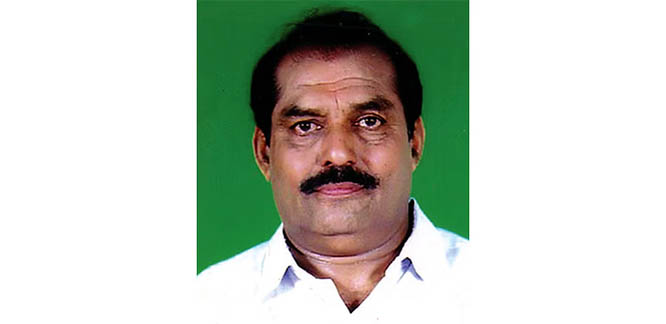The COVID-19 pandemic, continues to impact many people, including cancer patients, their families, and caregivers.Vaccines help a person’s immune system to recognize and protect the body against infections. COVID-19 vaccines have been found to significantly lower the risk of getting infected with COVID-19, lower the risk of having severe disease, being hospitalized, or dying from COVID-19 if one gets infected.
Here we’ll discuss some frequently asked questions by people with cancer or a history of previous cancer have about the COVID-19 vaccines.
1) Should cancer patients and survivors take the COVID-19 vaccine?
Patients with cancer or a history of cancer should get the COVID -19 vaccine whenever available. Many expert medical groups recommend patients with a recent cancer diagnosis and those on treatment should be given the highest priority. This is because cancer and its treatment can weaken the immune system putting such patients at risk for severe COVID-19 disease. Caregivers and household members of cancer patients should also be immunized whenever possible.
2) Is it safe for cancer patients to receive the COVID-19 vaccine?
At present, there is a lack of data regarding the safety and efficacy of COVID-19 vaccination in cancer patients. Numerous studies have shown that cancer patients are at higher risk for more severe COVID-19 disease and complications. There are no reports of increased risk for side effects of the vaccine in cancer patients. The risks of COVID-19 for cancer patients outweigh the very low risk of vaccination. Because of these, oncology groups including the American Society of Clinical Oncology (ASCO), the American Society of Hematology (ASH), and the American Society for Radiation Oncology have all recommended patients with cancer get vaccinated.
3) Is there any specific approved COVID-19 vaccine for cancer patients?
At this time, no major medical organizations have recommended getting one type of COVID vaccine over another, either for cancer patients or for other people. Health experts believe that getting the vaccine once it becomes available, whichever one it is, is most important, rather than waiting to get a specific vaccine.
4) What are the side effects of the vaccines?
Common side effects that have been reported after getting the vaccines to include:
• Pain, redness, or swelling at the injection site
• Feeling tired
• Headache
• Fever
• Chills
• Muscle and joint pain
• Nausea
The incidence or the nature of side effects in cancer patients and survivors had been reported to be similar to with the general population.
Some people (16%) might develop swelling or pain under the vaccinated arm. This is often a normal response by the body’s immune system to the vaccine. A swollen lymph node under the arm might cause concern since this can also be a sign of breast cancer spread.
Oncologists recommend that patients with breast cancer or a history of breast cancer get the vaccine in the arm on the unaffected side.
5) Are there any exceptions for COVID-19 vaccination among cancer patients?
There are few exceptions:
a) Vaccination should be delayed for at least 3 months following bone marrow transplantation and engineered cellular therapy to maximize vaccine efficacy.
b) Vaccination in patients undergoing intensive chemotherapy should be delayed until neutrophil count recovery.
c) Patients undergoing major surgery for cancer should have a gap of few days in-between.
In patients undergoing chemotherapy, the optimum timing for vaccination about the chemotherapy cycle is still unclear. The difference in the efficacy of the COVID-19 vaccine in terms of its immunogenic potential i.e. ability to generate antibodies against coronavirus- SARS-COV-2, when administered along with chemotherapy versus mid-cycle, is still unknown. In absence of robust data, the National Comprehensive Cancer Network (NCCN) for now recommends vaccination when available.
6) Will vaccination affect my cancer-related tests and scans?
Getting a COVID-19 vaccine might result in swollen lymph nodes under the arm in which the injection was given. Swollen lymph nodes might show up on a CT Scan or mammogram is done for breast cancer or other cancers, causing concern and confusion. It is important to communicate with your doctor if you are scheduled to get an imaging test (such as an MRI or CT scan) in the weeks after getting a COVID vaccine.
7) Do I still need to take precautions if I get the COVID-19 vaccine?
While the vaccine can lower the risk of getting a serious disease from COVID, it doesn’t completely rule out the possibility of getting infected by the virus. It is also not yet clear how well vaccines can prevent the spread of the virus to others. Here it will be appropriate to mention that data tracking the immune response in patients with cancer who have been vaccinated are still evolving. Therefore, even after vaccination, it is advised that everyone continue to follow all COVID-19 prevention protocols.







Comments
Add new comment